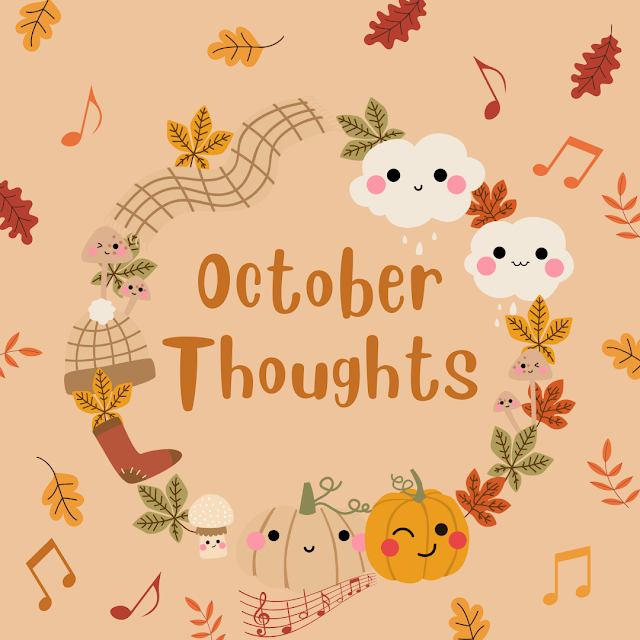October will be here before I know it, and it will be time for me to move the F minor nocturne back to maintenance mode and begin a new classical (or romantic, or baroque, etc.) piece.
General Plans for October
Before I write more about that, I want to list the items that I'll also be working on in October, along with my percentage goals:
Technique (Scales, Arps, etc.) (5%)
Blues (25%)
- Theory, Scales, Riffs, General Improv, etc. (10%)
- Amazing Grace (5%)
- Lagniappe/The Old Rugged Cross (10%)
Jingle Bells Rag (20%)
Solace (20%)
Mystery Classical Piece (20%)
Maintenance (Maple Leaf Rag, Bare Necessities, Rondo alla Turca, F minor nocturne) (10%)
The Mystery Classical Piece
So, what will this mystery classical piece be? I want something that I can learn in three months. So, something that isn't ridiculously long, and that is manageably challenging. Here are a few new-to-me pieces that I'm considering:
- Liszt, Liebestraum No. 3 (link to Khatia Buniatishvili performance)
- Schubert, Impromptu in Gb Major (Op. 90, No. 3) (link to Horowitz performance)
- Bach, Gigue or Sarabande from French Suite No. 5 in G Major (Gigue might be more then 3 months) (links are to Andras Schiff's performance)
- Debussy, Clair de Lune (link to Tiffany Poon performance)
- Chopin, Waltz in Eb Major (Grande Valse Brilliante) (link to Lang Lang performance)
Another option is to pick up a piece I previously learned. Some of those options are:
- Schubert, Impromptu in Eb Major (Op. 90, No. 2)
- Liszt, Serenade (would be more-than-3-month piece)
- Bach, Prelude in C# Major (might be a less-than-3-month piece)
- Bach, Allemande from French Suite No. 5 in G Major
One final option is to ditch the "3-month piece" idea altogether, and either begin working on a 6-month-to-1-year piece (most likely a full sonata, or the entire French Suite that I started with Carol) or learn an easier 1-month piece. I do like the idea of doing one 1-month piece for October, November, and December each. That would give me five new classical pieces for 2024 instead of just two or three.
For the one-month pieces, I would most likely re-learn (and memorize) a few easier pieces I've done:
- Chopin, Nocturne in Bb minor, Op. 9, No. 1
- Bach, Three-Part Invention in G minor
- Bach, Prelude in C (really easy, but so beautiful, and I want to memorize it!)
Liebestraum, Clair de Lune, or Sarabande?
I am leaning toward the three-month piece idea. Of the options listed above, I'm thinking either the Liszt, the Debussy, or the Bach Sarabande. The Debussy or the Bach would make more sense, as I've just completed a Romantic-era piece with the Chopin ... but Liebestraum is at the very top of my bucket list. So I'll probably go with that.
Also, there's no reason I can't add my older pieces to my maintenance rotation. I'm not sure I need to move them to a prime learning spot in my priority list. I can just play them every few days, along with the other maintenance pieces. And at some point I can put more time into memorizing.
I still haven't decided for sure what my classical piece will be, but at least I've narrowed down the options. I started writing a blog post on this last week, and it listed about 30 different pieces I might want to work on!

Comments